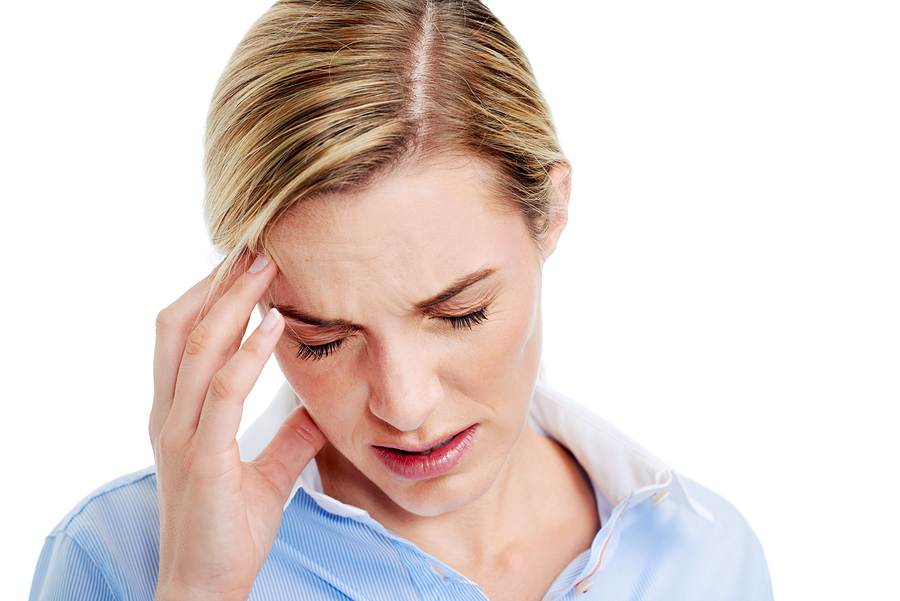- Make It Yourself Lavender Heart-Shaped Bath Bombs!
- 20 Things You Never Knew About “Down There”
- 12 Best Foods For Those Suffering From Arthritis Pain
- 12 Personal Hygiene Mistakes Almost Everyone Makes (Mom Never Told You About #4!)
- 15 Medicinal Plants And Herbs From The Cherokee People
- 12 Mind-Blowing Benefits Of Drinking Coconut Water During Pregnancy
- 12 Outstanding Winter Foods That Won’t Fatten You Up Like A Christmas Turkey
Effective Home Remedies For Vertigo

Photo credit: bigstock.com
Many people have heard the word “vertigo,” but a large number are only familiar with it from the Alfred Hitchcock film of the same name. The truth is that vertigo is a serious condition that can have a very detrimental effect on the quality of life for those who experience it.
Vertigo is a condition in which people begin to feel dizzy, disoriented or unbalanced for no apparent reason. Imagine if you were going about your day and suddenly you felt like the room was spinning, and you couldn’t tell the difference between up and down. That’s what living with vertigo can be like for many people. Other symptoms that might occur in someone with vertigo include nausea, headache, ringing in the ears, sweating or jerking eye movements.
There are a number of different medical problems that can cause vertigo symptoms to manifest. The most common cause is a condition known as benign paroxysmal positional vertigo, or BPPV. It’s often difficult to determine what exactly triggered a case of BPPV, but it can be caused by a head injury or the loosening of calcium otoliths in the utricle and saccule of the inner ear. These components of the ear are what help you keep your balance and coordination. If they become loosened out of place, they can’t function properly. This usually only happens in one ear, and as such, vertigo is often reported to feel as if it’s coming from one side or the other.
Another cause of vertigo symptoms is Meniere’s disease, an accumulation of fluid and change of pressure in the ears that can also cause episodes of ear ringing and hearing loss. There’s also labyrinthitis, otherwise referred to as vestibular neuritis, an infection of the inner ear that causes inflammation around nerves in the inner ear that help the body maintain a sense of balance and direction.
In more rare instances, vertigo symptoms can be caused by a brain tumor, stroke, migraine headaches or a neck injury.
Treatments for Vertigo
This all probably sounds very scary, but the good news is that there are some effective remedies that can stop it, which we’ll discuss shortly. Vertigo is a serious condition, and the exact treatment will depend on what exactly is causing the symptoms to occur, so it’s important to always work with a doctor.
Vertigo oftentimes just goes away on its own and doesn’t require any further treatment. In other cases, a patient may require medicine, surgery or vestibular rehabilitation.
There are also a series of head and body movements called canalith repositioning maneuvers, which can be performed to help someone with vertigo ease their symptoms and regain their sense of balance and orientation. These maneuvers are recommended by the American Academy of Neurology and can be done on your own, effectively making them a type of home remedy. Again, vertigo shouldn’t be taken lightly, and you should always keep your doctor in the loop about what kind of maneuvers you’re performing on your own.
Continue to Page 2
































